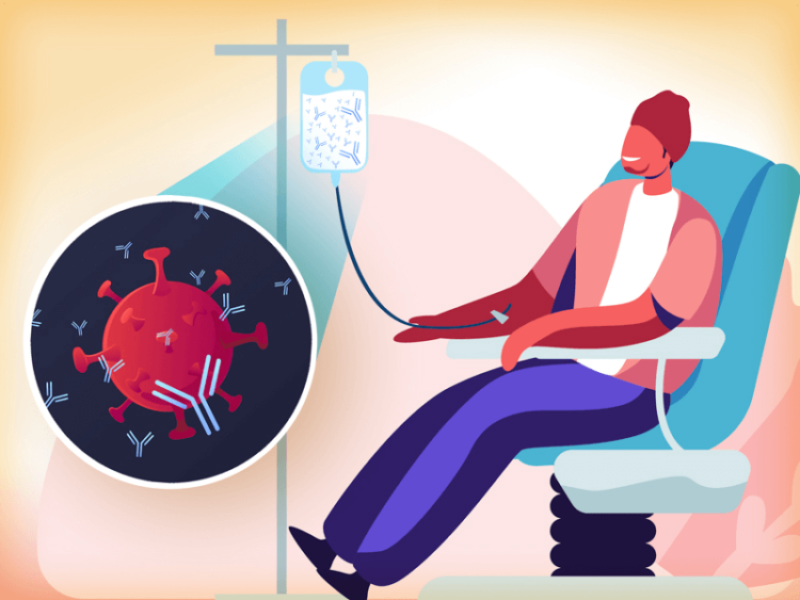Some monoclonal antibodies have been rendered largely ineffective as the virus has mutated; others are expected to become so this winter if a wave of new omicron subvariants comes to dominate the pandemic landscape. For instance, the U.S. Food and Drug Administration recently warned that the widely used therapies Bebtelovimab and Evusheld may no longer work against some versions of the coronavirus.
A July paper in the journal Science described a pair of new antibodies that target another stable section of the coronavirus’ spike protein, the fusion peptide. This part of the spike “acts like a grappling hook and inserts into the human cell membrane, pulling the membrane closer to the virus membrane,” said Joshua Tan, chief of the Antibody Biology Unit at the National Institute of Allergy and Infectious Diseases.
Although lab-made antibodies that hit the fusion peptide and the stem helix are less potent, Tan said, they are effective against a broader array of coronaviruses.































